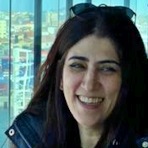

Group Leader
I am Senior Scientist at CIIMAR, where I head the Ecosystem Monitoring and Sustainability (EcoSignal) team and the Technological Platform of Ecotoxicological Services. I am also Invited Assistant Professor, and Coordinator of the UNESCO Chair Ocean Expert, at the University of Porto. I am a collaborator of the research group Monitoring and Modelling at Universidade Positivo (Brazil). My main expertise is in environmental toxicology and monitoring, hazard assessment, pollution and biodiversity, and ocean literacy. I got the Magellan Circumnavigation Research Prize (bee biodiversity, FCT) in 2020. My PhD is in Biomedical Sciences, with research work at the CNRS (France).










